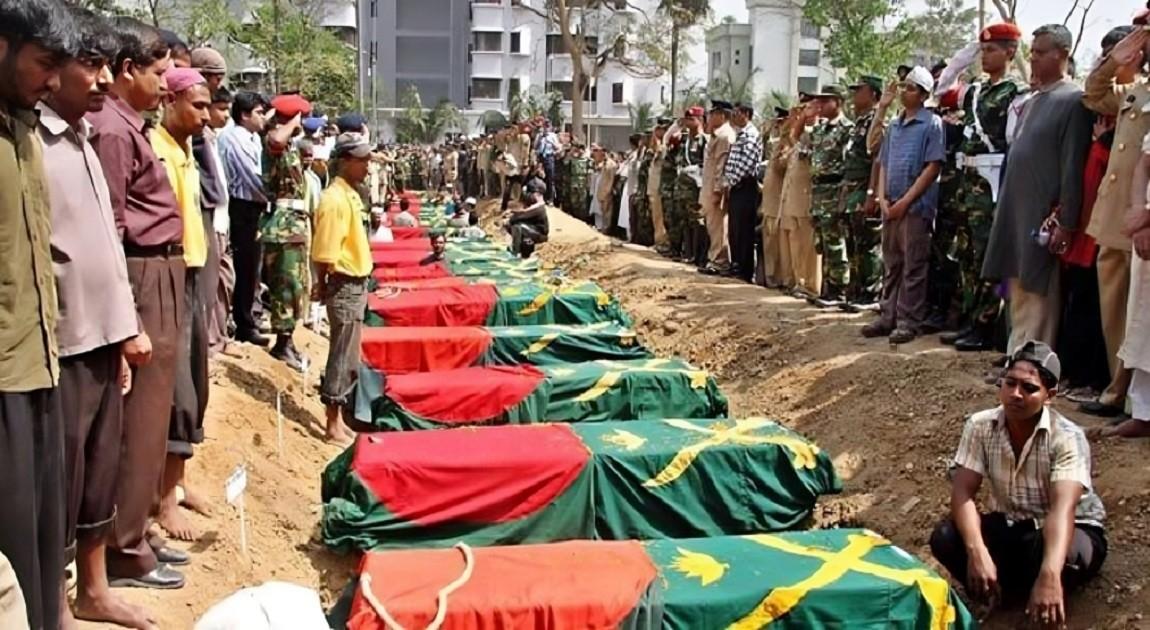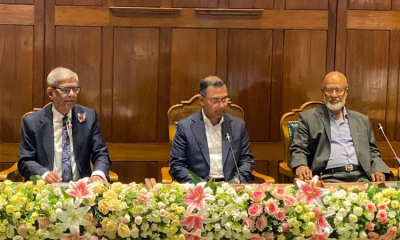The National Independent Investigation Commission has stated that the 2009 BDR mutiny, which claimed the lives of 74 people including senior army officers, was the result of a long-term conspiracy marked by serious intelligence failures and political involvement at various levels.
At a press conference held on Wednesday at the Bangladesh Reference Institute for Chemical Measurements (BRICM) in Dhanmondi, the Commission shared its findings following 114 working days of investigation into the February 25–26, 2009 carnage at the Bangladesh Rifles (BDR) headquarters in Pilkhana.
Major General (Retd.) A.L.M. Fazlur Rahman, Chairman of the Commission, read out a written statement in which he said, "The mutiny was allowed to escalate due to unnecessary delays in seeking a political solution and the inaction of the armed forces and other law enforcement agencies. As a result, the rebels were able to commit mass murder and other crimes without resistance."
The commission highlighted that, despite desperate appeals from the trapped army officers and their families inside Pilkhana from the early morning of February 25, no rescue measures were undertaken in time.
"Based on a review of evidence and testimonies, it is clear that several political figures at the time were involved to varying degrees. This delayed response allowed the crisis to expand beyond control," the chairman added.
So far, the commission has recorded testimonies from family members of the martyrs, six detailed witness statements, and 15 surviving officers. Letters have been sent to another 50 individuals requesting their testimony.
Testimonies have also been taken from eight political leaders—some currently in prison and others reportedly abroad. Notably, Awami League leaders Mirza Azam and Jahangir Kabir Nanak have submitted written responses.
In addition, testimonies have been collected from former officers of the navy, air force, and army, as well as police officials, journalists, and 25 convicted individuals currently in prison. Another 29 previously convicted individuals, now released, have also been interviewed—bringing the total number of witnesses to 158.
The Commission further noted it is currently analyzing CCTV footage and has sought information from six foreign embassies and the office of the United Nations Resident Coordinator in Dhaka.
Furthermore, 33 individuals have been placed under travel bans in connection with the investigation.
Due to the scope and complexity of the inquiry, the Commission has officially requested an extension of its investigation period until September 30, 2025.
The 2009 BDR mutiny remains one of Bangladesh`s deadliest episodes of internal violence, raising long-standing questions about security preparedness, civil-military trust, and political accountability.












-20260217073221.webp)




-20260216115008.webp)














